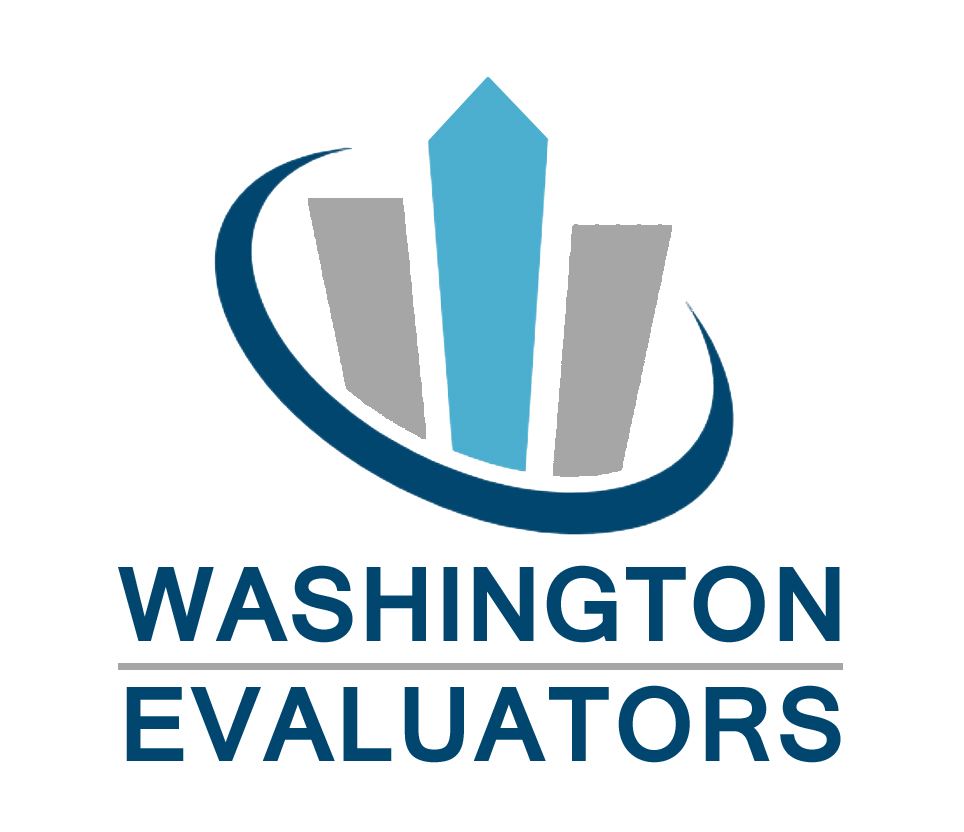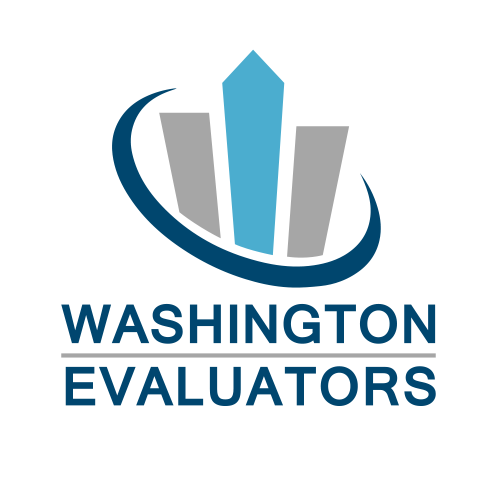|
|
| The membership of Washington Evaluators is as diverse as the the industries in which they serve. In celebration, WE has launched a Membership Spotlight campaign to share the professional and personal journeys of our members, learn from each other's experiences and inspire young and/or transitioning specialists. Today's feature shares the story of one of WE's 2020 New Professional Scholarship recipients, Bryce Leary. The scholarship supports new professionals to integrate state-of-the-art knowledge and information sharing into their evaluation practices and approaches within their respective organizations and/or future practice. As part of the scholarship, Bryce will attend a course of his choosing at The Evaluators' Institute (TEI) summer program and the EnCompass Learning Center, as well as receive a complementary WE membership. Please join us in celebrating Bryce Leary.... |
|
|

Bryce Leary is from Falmouth, Maine, and received his BA in Political Science at Hartwick College in Oneonta, NY. He then spent two years in Senegal extending sustainable agricultural techniques as a Peace Corps Volunteer. Following this experience, Bryce joined the International Development Master's program at the School of International Service with a concentration in Evaluation and graduated in May 2020. Bryce is excited to use the New Professional Scholarship to jump-start his career and promote the evaluation community in Washington, DC. Today, we ask Bryce about his scholarship experience, life as an evaluator, and more: ----------
|
If you would like to nominate a member to be spotlighted, please send their name, email, and a brief statement of support to communications@washingtonevaluators.org. |
Washington Evaluators (WE) is 501(c)(3) organization and a local affiliate of the American Evaluation Association (AEA). Founded in 1984, Washington Evaluators is one of the oldest Voluntary Organizations for Professional Evaluation (VOPE) in the United States. Washington Evaluators supports the growth of the evaluation community and profession in the DC-area by promoting individual development of evaluation expertise, knowledge sharing, and collaboration. Washington Evaluators serves members by facilitating professional development events, networking, social interactions, as well as publication of upcoming evaluation events and opportunities in the region. The more 300 Washington Evaluators' members come from a diverse mix of federal, state, and local government agencies, universities and educational settings, corporate businesses and independent consulting firms, and nonprofit associations. |







